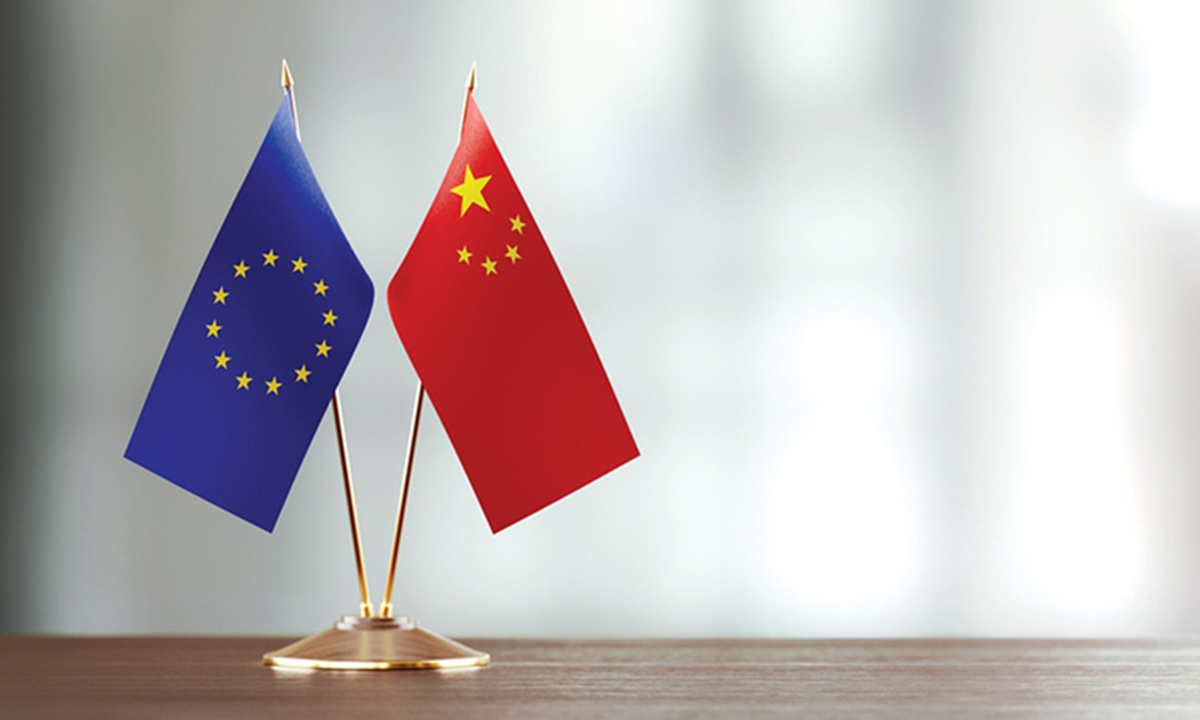
Trade relations between Europe and China are like watching a “rail accident in slow motion”
Jens Eskelund, the President of the EU Chamber of Commerce in China, expressed his doubts about the state of trade relations between Europe and China during a press briefing. He made this statement while announcing the release of a study on trade relations between the EU and China, which was conducted by the EU Chamber of Commerce in China in collaboration with consultancy China Macro Group. Eskelund stated that the current situation is akin to a train accident unfolding in slow motion. Europe cannot accept being squeezed out of strategically important industries that make up its economic base by the Chinese, who offer low prices. In this situation, trade becomes a security issue. It is possible that China has not yet fully realized this.
Beijing is actively developing high-tech production to achieve self-sufficiency and reduce dependence on the construction sector, which has been in a deep crisis for at least two years. The state is increasing investments and financial support for high-tech production while the construction sector is declining. Beijing's focus on manufacturing has raised concerns about overproduction. Chinese industry could produce more goods than necessary, leading to potential price wars.
Eskelund's Chamber has observed signs of overproduction in various industries, such as chemicals, metallurgy, and electric vehicle manufacturing.
Jens Eskelund explains that this problem is prevalent in most companies and is likely to surface in the next few years.
He calls for an open discussion with Chinese partners and is confident that taking measures in advance will prevent any negative impact on trade between Europe and China.
According to EU figures, manufacturing employs almost one-fifth of Europeans, making it the largest sector in the European economy and the main producer of economic added value, accounting for 25% of this indicator. Until recently, China was the EU's largest regional trading partner, but it has been overtaken by Southeast Asia in terms of trade volume. When examining trade between individual countries instead of blocs and regions, it becomes clear that the United States is China's primary trading partner.
A study by the EU Chamber of Commerce in China and China Macro Group highlights that in recent years, the working conditions of European companies in China and trade relations between the EU and China have generally deteriorated. These complaints are not unique to Europe. In the United States, national security is a top priority when it comes to trade with China. To protect this, Washington restricts the export of American companies to China, including high-tech products, equipment, and technologies. For instance, American authorities recently presented the owner of TikTok with an ultimatum: either sell the American division of the popular application or face closure in the United States.
During a briefing, Marcus Chen, the head of China Macro Group, highlighted the increased number of references to national security in the latest five-year development plan of the Chinese economy. He noted that all Chinese ministries, except for the Ministry of Veterans Affairs, have adopted the concept of 'the coordination of development and security.'
“China has trapped us geopolitically,” quotes a top manager at a European high-tech company, who asked not to be named. “We still rely on supplies from China, but cannot trade in their market. The main issue is that pricing mechanisms in Europe are so depressed that abandoning our Chinese partners now would render us unable to compete with them, even in Europe, where everything is much cheaper with them.”
Not only European manufacturers, but also manufacturers from other countries are concerned about the increasing popularity of Chinese goods among consumers. Jens Eskelund highlights that after the end of the coronavirus pandemic, the number of container ships filled with Chinese goods heading to the Old World is on the rise. However, European companies' exports to China are not increasing.
According to the head of the EU Chamber of Commerce in China, the share of Chinese exports in global exports has peaked. However, there is concern about the significant lag in Chinese imports.
